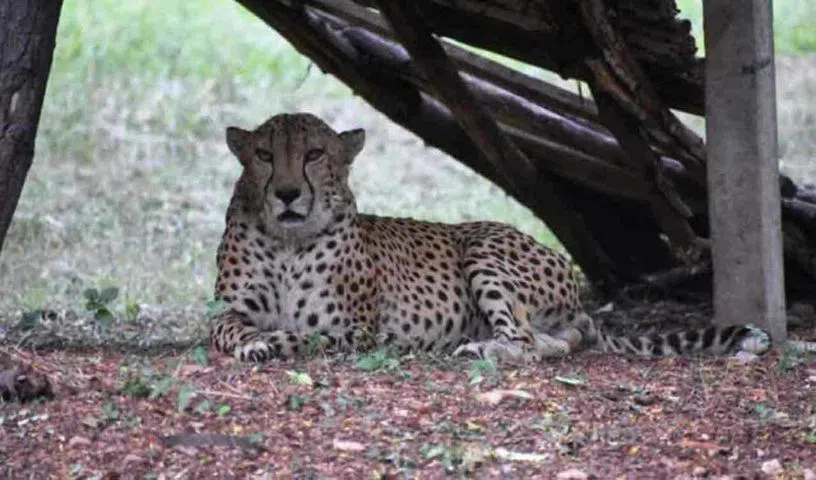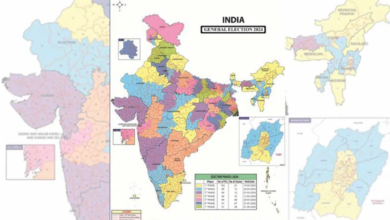Cheetah ‘Uday’ died of cardiac arrest, others at Kuno National Park being monitored

The cause of six-year-old African cheetah Uday’s death was heart failure, Madhya Pradesh Forest Department sources said

Bhopal: The cause of six-year-old African cheetah Uday’s death was heart failure, Madhya Pradesh Forest Department sources said on Monday.
The feline, who was released at an KNP enclosure, died on Sunday evening.
The sudden death of the male cheetah was suspected to be due to some mysterious injury and the
carcass was sent for a post-mortem examination. Official sources told IANS that the death had occurred due to cardiac arrest.
The post-mortem examination was conducted by a team of three veterinarians, including two posted at the KNP and one sent for from Bhopal. On Sunday, sources had told IANS that cheetah Uday was highly stressed for the last couple of days.
In a CCTV footage, Uday was seen struggling while walking and collapsed all of sudden. However, official claimed the feline was healthy when it was brought to India on February 18. Experts are of the view that cheetahs are losing fitness, and suffering from chronic stress after months in captivity.
Sources also said the back to death of two cheetahs have brought the officials associated with project on their toes and an intense monitoring is being done of other African cheetahs at KNP.
It was the second setback to the cheetah re-introduction within a period one month as female Namibian cheetah Sasha had died on March 27.
In the morning, a team of wildlife experts went out to monitor the cheetahs that called Boma No 2 their home. As they made their rounds, their eyes were drawn to a disturbing sight — Uday was sitting in a state of torpor, its head bowed low in exhaustion.
Uday was one of the 12 cheetahs relocated from South Africa on February 18 in the second phase of Project Cheetah, while eight cheetahs were translocated from Namibia on September 17 last year.







